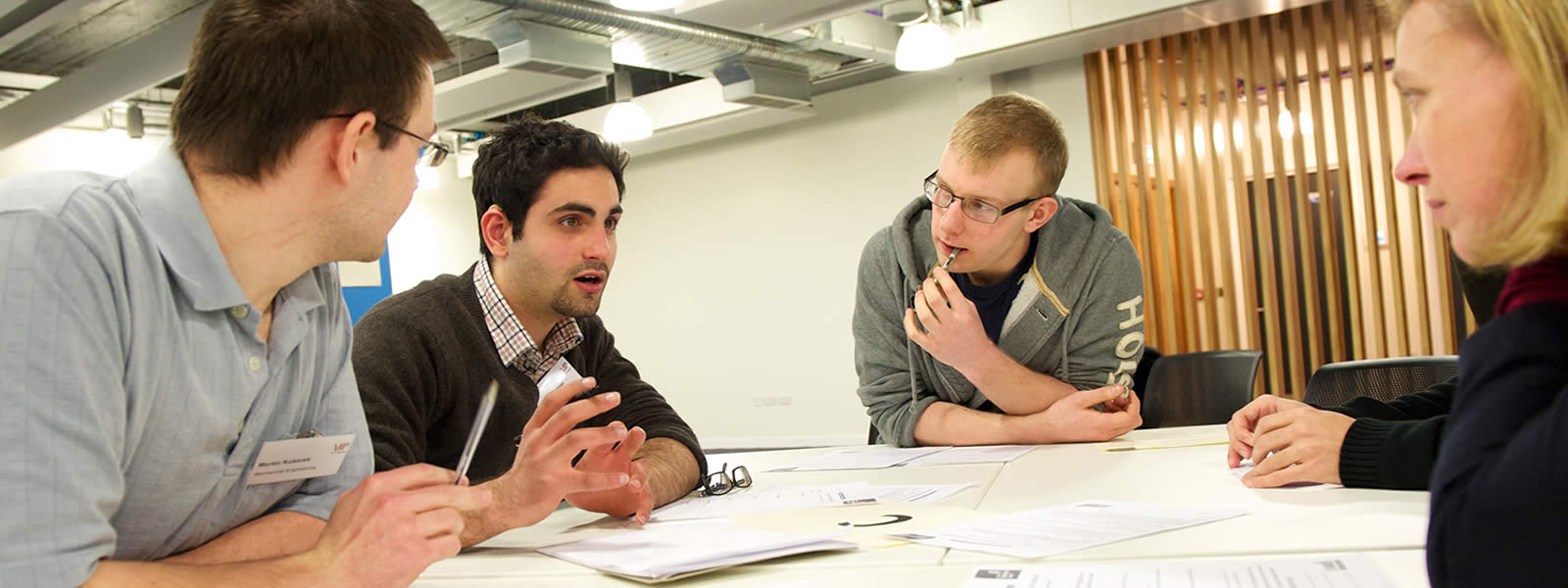Is this course right for me?
Target Audience: Faculty of Science Academic/Research Staff
We invite you to attend an in-person Faculty workshop on ML/AI on Wednesday 24th August from 1-4pm in the RC447. The workshop will explore ML/AI research trends and opportunities for collaboration with Faculty colleagues. Prior knowledge of the topic is not required – the workshop will include a tutorial talk as an introduction.
The programme:
1:00-1:05 Welcome
1:05-1:55 Marc Roper, CIS (A Tutorial Introduction to AI and Machine Learning)
1:55-2:20 Jennifer Pestana, M&S (Scientific Machine Learning in the Department of Mathematics and Statistics)
2:20-2:40 Coffee break
2:40-3:05 Mark Dunlop, CIS (Intelligent User Interface Challenges)
3:05-3:30 Robert Atkey, CIS (Structured and Verified Artificial Intelligence)
3:30-4:00 Discussion and wrap-up
The abstracts for the talks are available below.
Please register by Monday 22nd August. We can accommodate up to 100 participants on the first come, first served basis.
Should you have any questions about the workshop, please don’t hesitate to contact sergey.kitaev@strath.ac.uk.
---------------------------------
Speaker: Marc Roper, CIS
Title: A Tutorial Introduction to AI and Machine Learning
Abstract: The aim of this talk is to de-mystify the concepts of AI and machine learning (ML) and furnish participants with an intuitive understanding of these technologies. Having explored the distinction between AI and ML, the main focus of the talk will be on ML where the inner workings of some simple models will be explained before moving on to unravel the mysteries of deep learning. The talk will conclude with some illustrations of potential application areas.
---------------------------------
Speaker: Jennifer Pestana, M&S
Title: Scientific Machine Learning in the Department of Mathematics and Statistics
Abstract: In many complex problems in science and engineering, the physics are only partially known, while in others the physics are fully described but the resulting model is too expensive to evaluate, e.g., when high-dimensional PDEs are involved. In both cases, it is desirable to use machine learning (ML) to create cheap but accurate surrogate models.
However, data-driven machine learning (ML) tools and algorithms assume that large amounts of training data is available, which is typically not the case in scientific applications. However, a new paradigm, physics-informed machine learning (PIML), has recently emerged that overcomes this challenge by combining physical models, small data and machine learning tools.
This talk will give an overview of the PIML research within the Department of Mathematics and Statistics.
---------------------------------
Speaker: Mark Dunlop, CIS
Title: Intelligent User Interface Challenges
Abstract: TBC
---------------------------------
Speaker: Robert Atkey, CIS
Title: Structured and Verified Artificial Intelligence
Abstract: AI-powered systems use components such as mixtures of Neural Networks, Logical Rules, and other Machine Learning and Symbolic models to make decisions. Often the behaviour of these complex systems is poorly understood, leaving them open to accidental and adversarial attacks. I'll talk about some methods for specifying, verifying, and understanding the behaviour of AI-powered components that we've been working on as part of the EPSRC funded AISEC project ("AI Secure and Explainable by Construction", joint with Heriot-Watt and Edinburgh) and other work in the Mathematically Structured Programming group in CIS.
---------------------------------
Delivered By: Dr Sergey Kitaev
